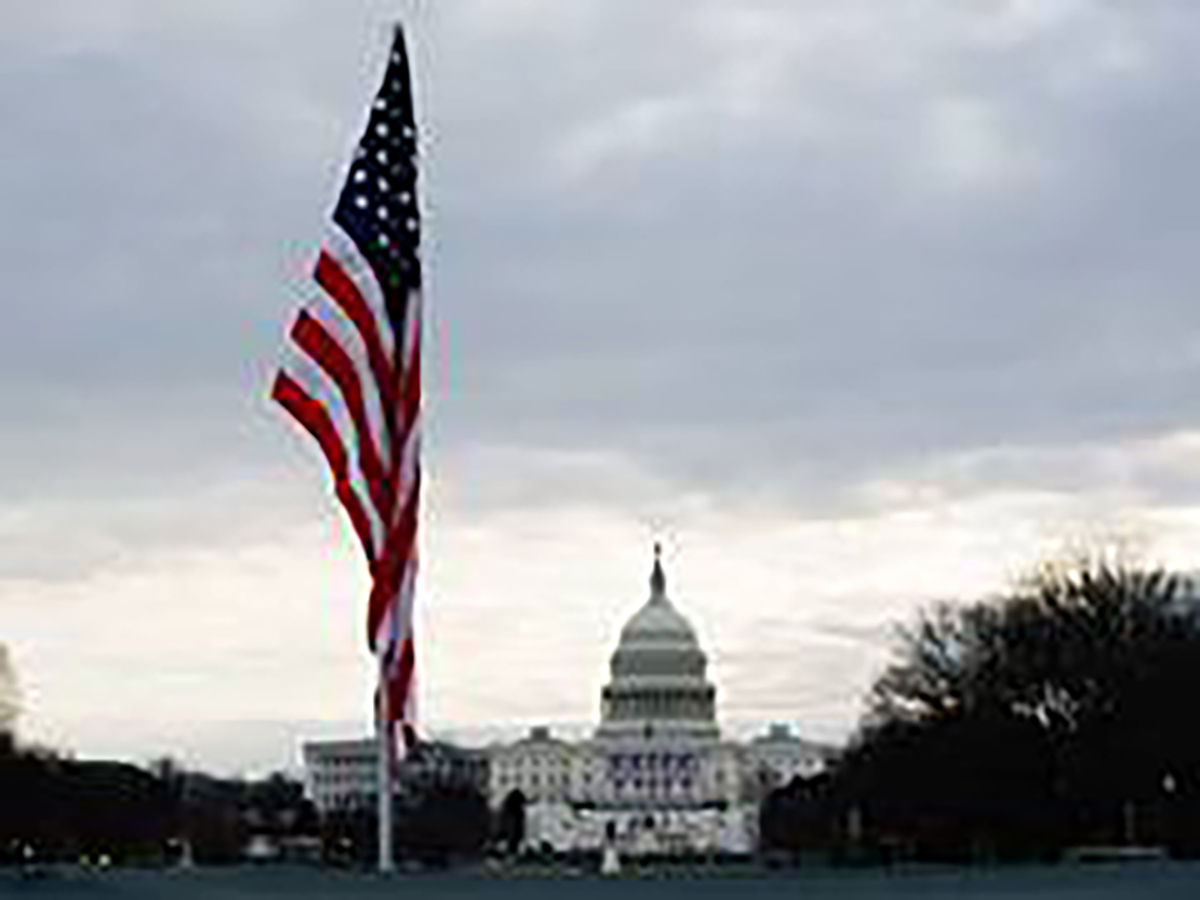
Washington [US]: In a move aimed at strengthening visa screening procedures, the United States has announced that effective immediately, all individuals applying for an F, M, or J non-immigrant visa are required to adjust the privacy settings on all of their social media accounts to ‘public’ to facilitate vetting necessary to establish their identity and admissibility to the United States under U.S. law.
In a post on X, the official handle of the U.S. Embassy in India (@USAndIndia) shared the announcement stating, “Every visa adjudication is a national security decision. Effective immediately, all individuals applying for an F, M, or J non-immigrant visa are requested to adjust the privacy settings on all of their personal social media accounts to ‘public’ to facilitate vetting necessary to establish their identity and admissibility to the United States.”
It also reiterated that since 2019, the United States has required visa applicants to provide social media identifiers on immigrant and non-immigrant visa application forms.
The post added: “We use all available information in our visa screening and vetting to identify visa applicants who are inadmissible to the United States, including those who pose a threat to U.S. national security.”
Meanwhile, the U.S. government has also unveiled a sweeping new 2025 travel ban, barring nationals from 12 countries entirely and partially limiting visa access from seven others. The move prioritizes national security and focuses on countries deemed high-risk for security loopholes and terrorism concerns. Most affected countries are reportedly in the Middle East and Africa.
Citizens from these nations now face a total ban on immigrant and non-immigrant visas, including those for tourism, education, and employment. Simultaneously, seven other countries face partial restrictions, involving tighter screening or limited visa categories.
Amid growing concern in South Asia, the U.S. has clarified that India is not on the list. The U.S. is continuing to process applications for Indian nationals across all categories, including B1/B2 tourist visas, H1B work permits, and F1 student visas.
However, visa applicants from India still face long delays due to high demand and administrative backlog. Most U.S. consulates in India are booking interview slots up to 10-12 months in advance.
So while India remains unaffected by the new travel ban, long processing times may still impact travel plans, education, and employment opportunities for many.
